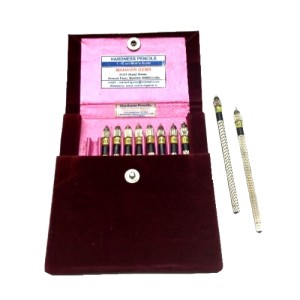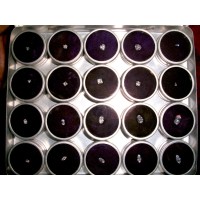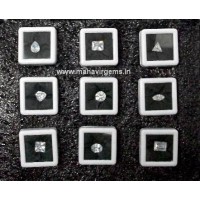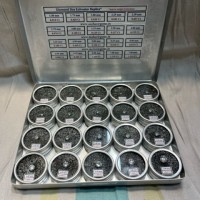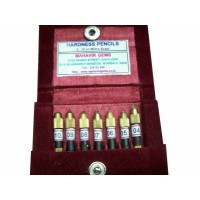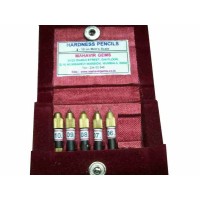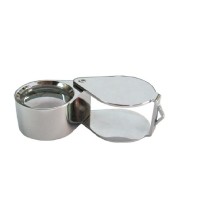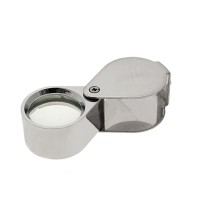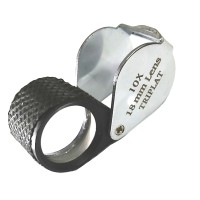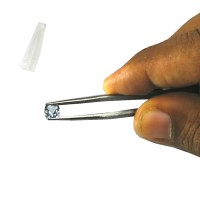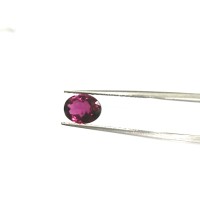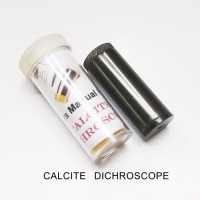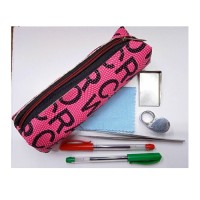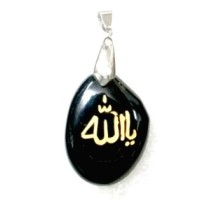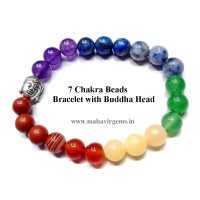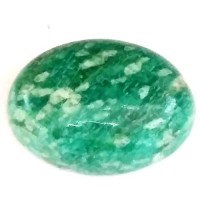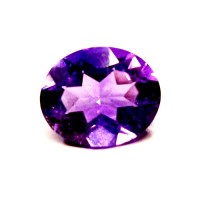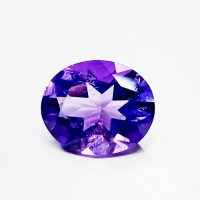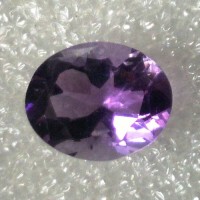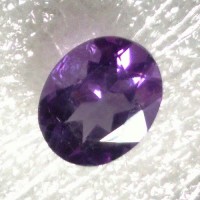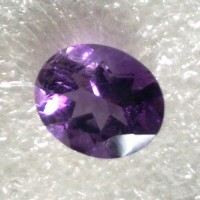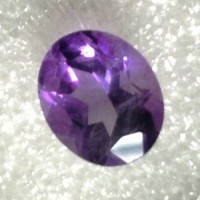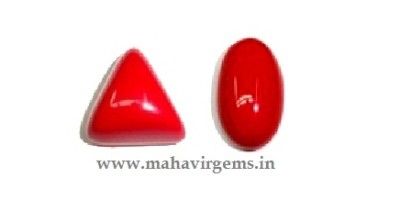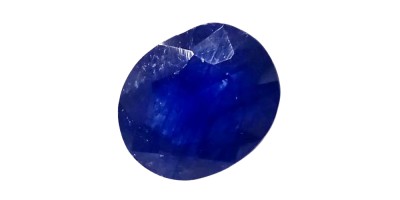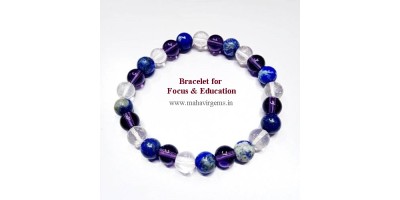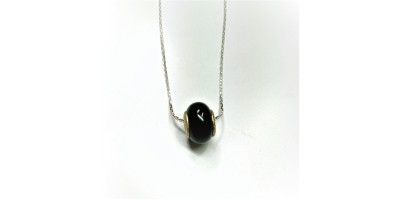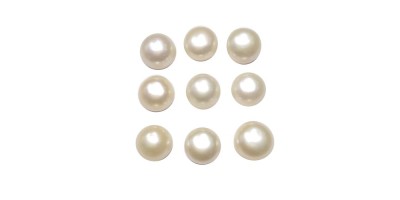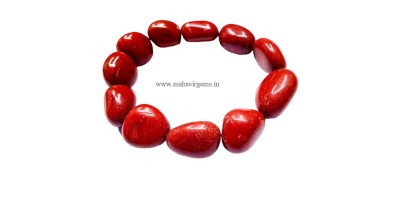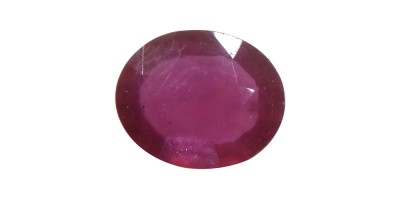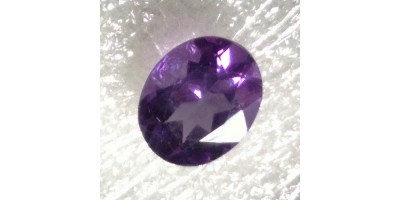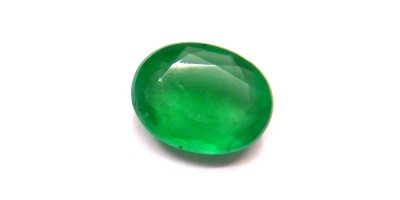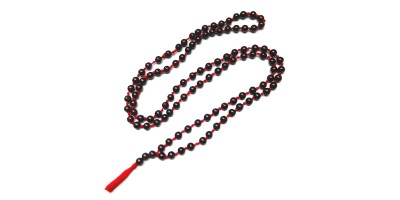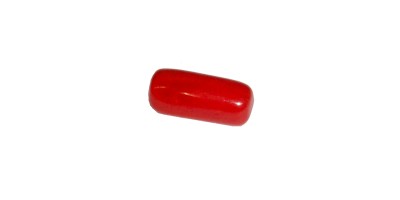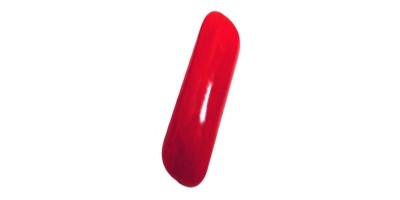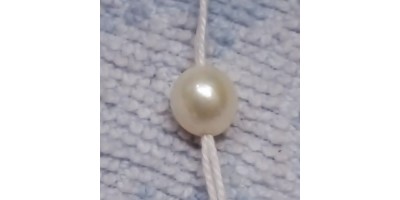Discover the perfect tool for gemstone identification with Moh's Scale Gem Hardness pencils. These specialized pencils are designed to help you determine the hardness of gemstones accurately. From beginners to experts, these pencils are a must-have for any gem enthusiast or jeweler.
This set of 10 hardness pencils covers the range of Moh's Scales from 1 through to 10.
The set comes in an attractive velvet carry box.
Hardness pencils are pencils with a tip made of one of the minerals on Moh's scale.
1 - TALC
2 - GYPSUM
3 - CALCITE
4 - FLUORITE
5 - APATITE
6 - ORTHOCLASE
7- QUARTZ
8- TOPAZ
9- CORUNDUM
10- DIAMOND
These pencils are used to try and scratch a stone and observe if the pencils can scratch the gem. Since this is a destructive method (it leaves a scratch), this test is mostly used on pieces of rough or on a inconspicuous place on the gemstone. It is also suitable for various other geological, construction, as well as industrial test & research purposes.
To perform a scratch test, select a numbered Hardness point, and try to scratch a flat, smooth surface of the mineral.
The gemstone is tested with a pencil of low hardness (starting at 4 or lower no. of hardness pencil) to try to put a tiny scratch on the stone without applying pressure. If no scratch is observed, one repeats this process with a pencil of higher hardness no. (in this case one can use the no.5) and so on until one arrives at the pencil that is able to put a tiny scratch on the stone.
For example, if the number 5 pencil scratches your mineral, but the number 4 pencil does not, then your mineral has a Mohs' Hardness value of about 4.5. This is considered as an important mineral / gemstone identifying criteria.
For more information on Moh's Scale click this link to go to our Resources section
Industrial Uses
To determine the hardness of a concrete surface relative to Mohs’ hardness scale you must perform a scratch test. Start by using the lowest number pick and continue up the scale until the concrete begins to scratch and that is your numeric number of hardness relative to the Mohs’ scale.
1 = Softest 10 = Hardest
Tooling Reference to Mohs’ hardness scale:
2-3: Hard Tooling
3-5: Hard Tooling
5-7: Medium Tooling
7-9: Medium Tooling
Mohs Hardness Tester For Concrete Floor Surface
Hardness Tester For Concrete Floor Surface, Industrial uses,
#Tester #For #Concrete #Floor #Surface #Industrial #uses #Gemstone #hardness #pencils #gemmological #tools #instruments #moh's #scale #1-10 #Talc #Gypsum #Calcite #Fluorite #Apatite #Orthoclase #Feldspar #Quartz #Topaz #Corundum #Diamond #pencil #pencil #rocks #minerals #tiles #metal #scratch
- Question: What is included in the kit?
Answer: The kit contains 10 Mohs' Hardness Points & instructions manual. - Question: What is the primary use of this tool?
Answer: The Mohs' Hardness Test Kit is primarily used in the concrete polishing industry to determine the hardness of the underlying concrete matrix, to check the hardess of any gem material and Identify it..etc.. - Question: Is the kit durable for industrial use?
Answer: Yes, the kit comes in a rugged case and the hardness points are made of natural gem minerals prescribed by Dr. Fredric Moh's unlike metal and plastic points available in cheaper versions of Hardness pencil kits. some minerals like Talc, gypsum, calcite, fluorite & apatite are soft enough, hence it should be handled by a professional person to avoid any damages to the points of the pencils. - Question: Is this kit made in China?
Answer: No. It is 100% Make in India project. - Question: Can I use this test kit to differentiate low, medium and high carbon steel?
Answer: No. The Mohs test is for rocks, minerals & gemstones. For carbon steel, you would use a Rockwell tester. - Question: Can I get replacement points for the stylus?
Answer: Yes. You can replace them. You can send us the pencil you need to repair, contact us for the expenses & availability of the points. - Question: Is this kit calibrated and comes with a laboratory report attesting to its accuracy?
Answer: No. This kit does not come with lab testing reports. This hardness kit basically tests mineral hardness which has a minimum and a maximum table. A trained geologist or a gemmologist can easily check it and get the assurance. - Question: Can this kit be used to accurately determine if a stone is quartz vs phenacite / phenakite?
Answer: Given the fact that Quartz is a Mohs hardness of 7.0, and Phenkite is reported at 7.5 - 8.0, this may not be the best tool to accurately determine the difference. May give an indication, but not necessarily accurate with the hand tool. - Question: Will this allow me to test if a metal is ferrous or non-ferrous and to what degree?
Answer: No. It only tests the hardness of a surface. - Question: Will this let me check different metal hardness ratings from ferrous to non-ferrous?
Answer: This is for mineral / gemstone hardness. If the metal you are checking is considered a natural element, then yes. If you are checking hardness on metals that are not pure (combination of metals), then this will not help.
| Kits & Instruments | |
| Details | This set of 10 hardness pencils covers the range of Moh's Scales from 1 through to 10. The set comes in an attractive velvet carry box. Hardness pencils are pencils with a tip made of one of the minerals on Moh's scale. 1. TALC 2. GYPSUM 3. CALCITE 4. FLUORITE 5. APATITE 6. ORTHOCLASE 7. QUARTZ 8. TOPAZ 9. CORUNDUM 10. DIAMOND |
Mohs Scale 1-10 Hardness Pencils - Set of 10 Pencils
- Product Code: HARDPENCIL1-10
- Availability: Sold Out
Related Products
Fancy Diamond Cuts Replica
Fancy Gem Cuts Replica Fancy Gemstones Cuts Replica sets for gemologists & Jewelry Designers..
Fancy Diamond Cuts Replica ( 9Pcs)
Fancy Gem Cuts Replica Fancy Gemstones Cuts Replica sets for gemologists & Jewelry Designers..
Diamond Size Estimator Replica ( 20 Pcs CZ)
Diamond Size Estimator Replica ( 20 Pcs CZ )Use our Diamond Weight estimator tool box to estim..
Mohs Scale 4-10 Hardness Pencils - Set of 7 Pencils
Discover the perfect tool for gemstone identification with Moh's Scale Gem Hardness pencils. These s..
Mohs Scale 6 -10 Hardness Pencils - Set of 5 Pencils
Discover the perfect tool for gemstone identification with Moh's Scale Gem Hardness pencils. These s..
10x Jeweller's Loupe SS Eco
Diamond Loupe, Jewelry Loupe, Gem Grading Loupe, Jewellery Loupe, Triplet Loupe, Jeweller's Loupe,..
10x Jeweller's Loupe SS
Diamond Loupe, Jewelry Loupe, Gem Grading Loupe, Jewellery Loupe, Triplet Loupe, Jeweller's Loupe,..
10x Black Jeweller's Loupe SS
10x Jeweller's Loupe Diamond Loupe, Jewelry Loupe, Gem Grading Loupe, Jewellery Loupe, Triplet Lo..
Diamond Tweezer
Diamond Tweezers These diamond tweezers are superbly balanced and well-made, the very best quality ..
Diamond Tweezer Eco
Gemology/ Diamond Tweezers Eco These tweezers are perfectly balanced and well-made, the very best q..
Calcite Dichroscope
This tool is of a Generic Heavy Duty metal tube measures a compact approx 45 mm in length and 1..
Gem Tool Kit
Gem / Diamond Grading Tool Kit A perfect tool kit for the beginner's in the fields of di..
Tags: hardness, Hardness Tester For Concrete Floor Surface, Industrial uses, Gemstone hardness pencils, gemmological tools, instruments, moh's scale, hardness pencils, 1-10, Talc, Gypsum, Calcite, Fluorite, Apatite, Orthoclase, Quartz, Topaz, Corundum, Diamond, hardness, pencil, hardness pencil,
Specials
1 Allah Calligraphy on Black Onyx
Allah (Name Of God) Calligraphy on Natural Black Onyx, Gold Plated, Engraved on Stone, Allah in Arab..
10x Black Jeweller's Loupe SS
10x Jeweller's Loupe Diamond Loupe, Jewelry Loupe, Gem Grading Loupe, Jewellery Loupe, Triplet Lo..
10x Jeweller's Loupe SS
Diamond Loupe, Jewelry Loupe, Gem Grading Loupe, Jewellery Loupe, Triplet Loupe, Jeweller's Loupe,..
10x Jeweller's Loupe SS Eco
Diamond Loupe, Jewelry Loupe, Gem Grading Loupe, Jewellery Loupe, Triplet Loupe, Jeweller's Loupe,..
7 Chakra with Buddha head Bracelets
Handmade unique BRACELET : 7 Chakra with Buddha head Bracelets - For Healing unbalanced ch..
Amazonite Oval Faceted 11.65 Carats
Beautiful mesmerizing 11.65 Carats Oval Cabochon of Natural Unused Amazonite for astrological purpos..
Amethyst Oval Faceted 2.96 Carats
Beautiful Stunning bright purple Amethyst Oval shaped faceted not commonly available. This ge..
Amethyst Oval Faceted 2.97 Carats
Beautiful Stunning bright purple Amethyst Oval shaped faceted not commonly available. This ge..
Amethyst Oval Faceted 3.04 Carats
Beautiful Stunning bright purple Amethyst Oval shaped faceted not commonly available.This gems..
Amethyst Oval Faceted 3.15 Carats
Beautiful Stunning bright purple Amethyst Oval shaped faceted not commonly available.This gems..
Amethyst Oval Faceted 3.19 Carats
Beautiful Stunning bright purple Amethyst Oval shaped faceted not commonly available.This gems..
Amethyst Oval Faceted 3.26 Carats
Beautiful Stunning bright purple Amethyst Oval shaped faceted not commonly available.This gems..




